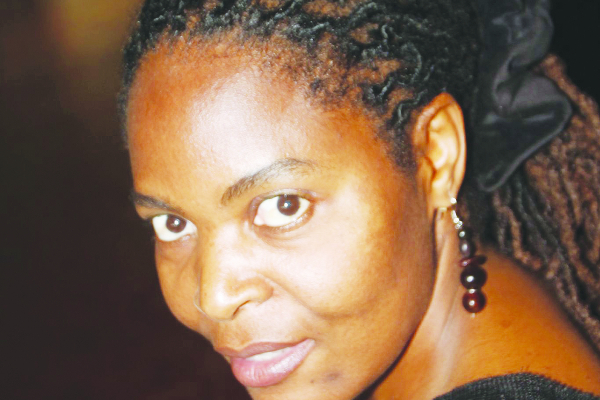
WOMEN in Politics Support Unit (WiPSU) board chairperson, Vongai Chikwanda says women can make better councillors because they are hardworking, honest and committed to serving communities.
By VENERANDA LANGA
Chikwanda says this year’s general elections should usher in more women, as councillors, so that there is a 50-50 gender representation at local authorities.
The following are excerpts of an interview held by NewsDay Senior Parliamentary Reporter, Veneranda Langa (ND) with Chikwanda (VC) on issues of gender parity and local authority elections.
ND: Are women adequately represented in local authorities?
VC: There are a few women councillors in local authorities, but they sit in council committees like gender and welfare. These committees are traditionally for women, but we would like to see women getting into council committees such as the finance and audit, human resources and other technical committees. We want women to be visible and not relegated to the gender committee. It is not that we are undermining the gender committee, but the strategy is that if women are in the finance and audit and other technical committees their voices will be heard.
ND: Why are women relegated to committees such as gender in council, is it that they are not qualified for technical committees?
VC: I think it is based on discrimination because women are always asked if they qualify to hold positions, yet no one asks men if they are qualified for a position. Let us not use that old standard when it comes to women. They are already running things in communities and they have the skills. I believe that we have qualified women, who can hold technical jobs, but they are being discriminated against.
- Chamisa under fire over US$120K donation
- Mavhunga puts DeMbare into Chibuku quarterfinals
- Pension funds bet on Cabora Bassa oilfields
- Councils defy govt fire tender directive
Keep Reading
ND: What are the challenges faced by women, which have been deterring them from attaining 50:50 gender parity ratio in local authorities?
VC: The first challenge is the method used when fielding candidates. We need to field between 2 500 and 3 000 women candidates, if we are to achieve the 50:50 gender parity ratios in local authorities. The other challenge is that political parties assume that they appeased women by giving them the proportional representation seats in Parliament. I think that is wrong. Another problem is that political parties are patriarchal.
However, women can flourish at local authorities if we open up space for them. There is also political violence and intimidation during elections as well as social barriers, where women, who are not married are discriminated against and not voted for. But I would still say the biggest hurdles are at the political party level.
ND: What do you think should be done to ensure that women compete at the same level with men during elections?
VC: We should adopt Sustainable Development Goals (SDGs) to promote equality and emphasise that no one should be left behind. Therefore, political parties should not leave women behind. They must field women candidates and not be stuck on the 50:50 gender parity requirements.
They should level the playing field because the threshold set up for women is way above that used for men. There has to be commitment and proper strategic planning and roadmaps of how political parties are going to get to 50% gender parity. The proportional representation quota came in because of the Constitution, but still we have been failing to reach 30% female representation. As a country, we should be determined to reach 50%.
ND: Do you think there must be legislation to force political parties to field candidates using the 50% gender parity ratio?

VC: There should be an initiative by the Zimbabwe Electoral Commission to ensure political parties field 50% female candidates in the spirit of the Constitution and equality.
Section 56 of the Constitution says we must ensure women are fielded as candidates. But all shenanigans happen at political party level. We must ensure laws are upheld in the spirit of the Constitution. Equality should be the basis of fielding candidates by every political party.
ND: What do you want to see happening in the 2018 general elections in terms of women participation?
VC: I want to see Zimbabwe adhering to the demands of 50% gender representation and equal participation of women in politics and decision-making. We want to see political parties fielding more women candidates.
It is not just about getting to 50%, but realising that the playing field is not equal and, therefore, we need more women candidates fielded. We need to adhere to gender protocols that we signed up for at international and regional conventions. We cannot use a different bar for women, or even say that we are much better than other African countries in gender representation as a consolation. We have to get to the standards that we committed to when we became signatories of gender protocols.
ND: What will be the advantages of having female councillors?
VC: The advantages are that women are not corrupt and the history of local authorities shows that women councillors are committed to human rights issues and development. Women are drivers of processes and they ensure there is progress in a number of things such as service delivery.
They are consumers of most of the services at local authorities like health and, so if they are in positions of power they will ensure that there is service delivery.







